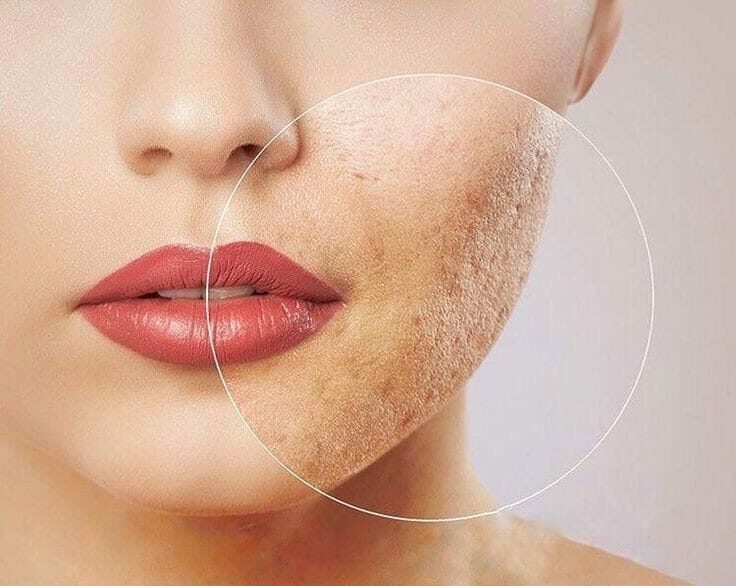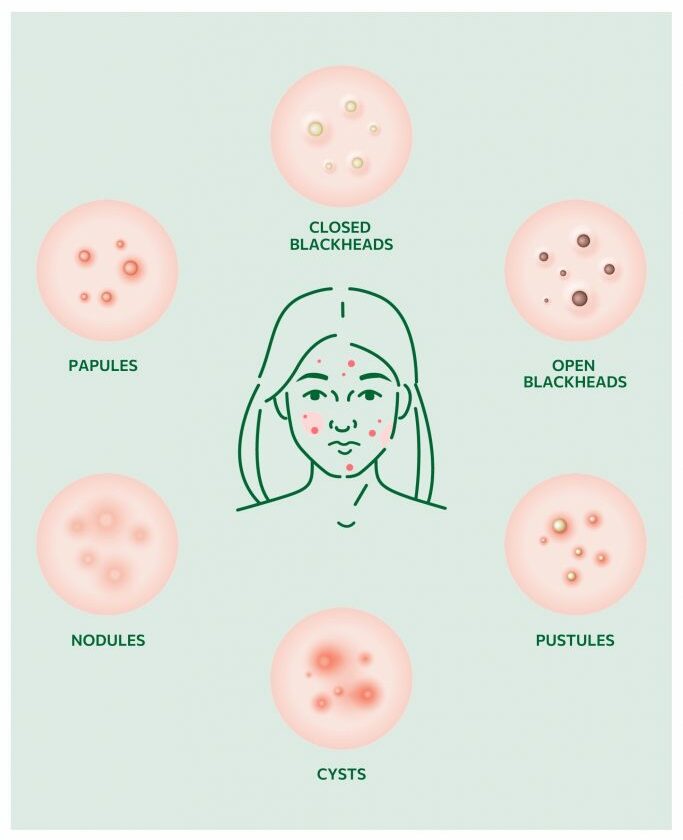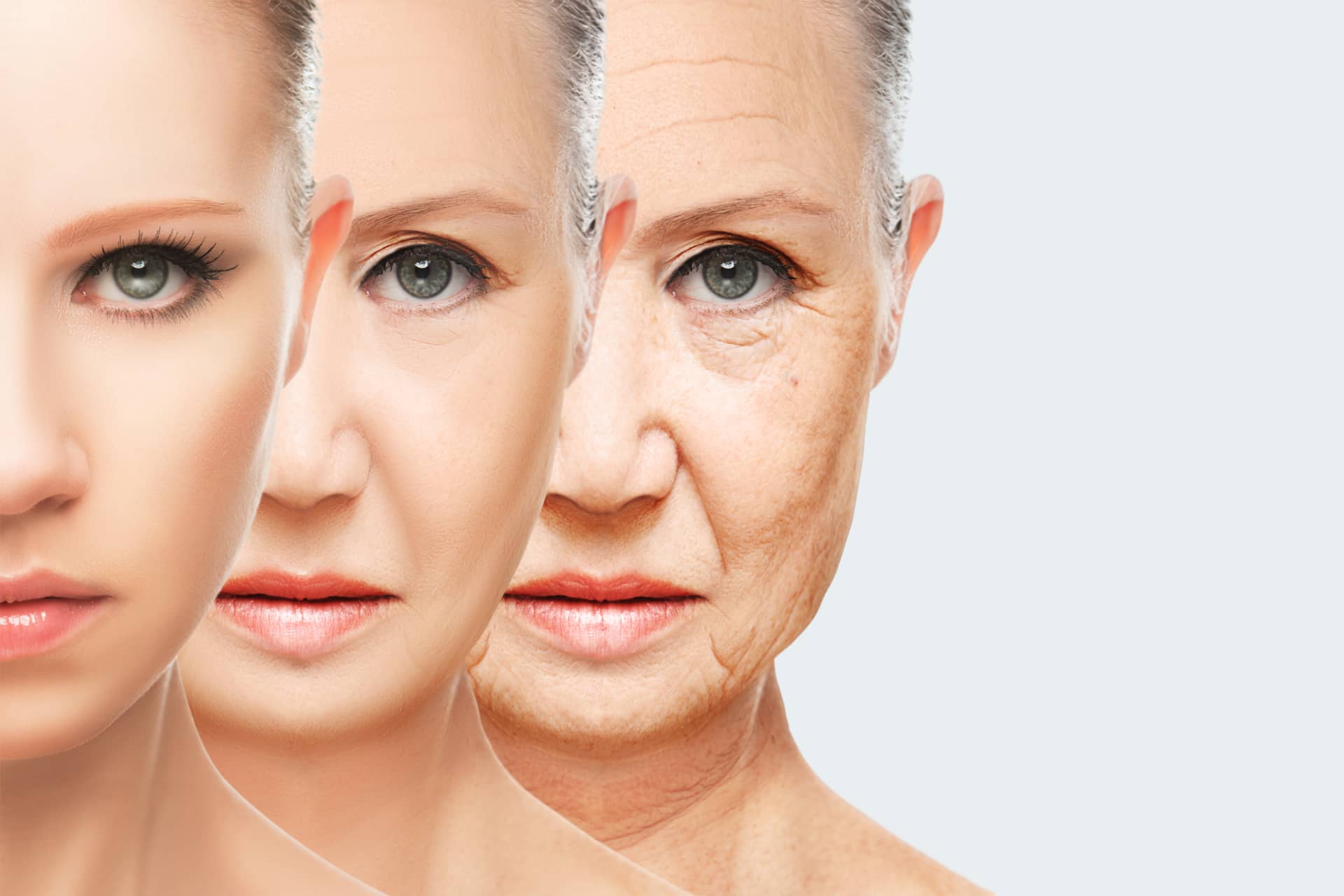Sensitive skin is a common condition that makes your skin more prone to reactions such as redness and itching. Most people who have sensitive skin notice occasional or frequent itching, burning, and stinging on patches of skin.
What are the 5 signs of skin sensitivity?
Identifying 5 signs of skin sensitivity:
- Weakened skin barrie. (people with skin sensitivities often have a thinner or damaged barrier layer of skin that allows irritants to penetrate, and moisture to be lost more easily)
- Irritation.
- Roughness.
- Tightness.
- Dryness.
How can sensitive skin be treated?
- Avoid taking very hot showers.
- Choose sensitive skin body wash, face wash and moisturizer, as well as sunscreen formulated for sensitive skin.
- Avoid perfumes.
- Avoid scented beauty products and laundry detergents.
- Apply moisturizer regularly to prevent dry skin.
What would cause skin sensitivity?
Although some chemicals can cause skin irritation in most people if exposed, it is usually a combination of several mild irritant agents/factors adding up to ICD. Irritating body fluids such as sweat, urine and faeces. Environmental factors such as heat, cold, low humidity and ultraviolet light.
What are the 4 types of sensitive skin?
According to Dr. Lewis, sensitive skin can generally be divided into four main types:
- Naturally Sensitive
- Environmentally Sensitive
- Reactive
- Thin.
Naturally sensitive skin: This one is genetic, according to Dr. Lewis, and it can be linked to inflammatory skin conditions like eczema, rosacea, and psoriasis.
How do I know I have sensitive skin?
6 Signs you have Sensitive Skin:
- Your skin is reactive.
- You notice redness.
- Your skin is dry.
- You develop rashes often.
- You’re prone to breakouts.
- You sunburn easily.
What calms Sensitive Skin?
Keep skin cool.
Excess heat can unsettle Sensitive Skin, so stick to lukewarm water to wash your face and avoid very hot showers. If you feel your skin needs some cooling down, pop a damp washcloth in the fridge to use as a cooling compress on irritated skin.
Does sensitive skin go away?
Skin sensitivity can go away on its own, so there’s no need to panic. Our dermatologists also offer quick relief, but here are some ways you can soothe sensitive skin at home:
- Stock up on green tea.
Green tea can soothe acutely irritated skin. It’s been shown to improve oily skin, prevent some skin cancers, and heal acne and rosacea. When applied externally, the tea can reduce bacterial attacks on the skin and accelerate wound healing. - Protect your skin from the sun.
Some people with sensitive skin react harshly to the sun. However, choosing an incompatible sunscreen may also encourage an allergic reaction. The best options for sensitive skin are physical sunscreens that contain titanium oxide or zinc. If you have sensitive skin, choose a sunscreen that’s free of parabens and fragrances (to avoid unpleasant chemical reactions) and that has.a high sun protection factor (preferably SPF 50 or higher). Apply plenty of sunscreen and reapply every two hours when you’re outdoors. - Check your diet and lifestyle.
Avoid anything that promotes blood circulation, which encourages facial redness. This includes spicy foods, coffee, tea, alcohol, nicotine, saunas, and steam baths. If you aren’t keen on nixing the spicy foods or coffee, some products mitigate redness by covering it with a green pigment. These are usually concealers or creams that hide the redness and are often the ideal basis for preparing the skin for makeup afterward. - Check labels on all face products.
As with sunscreen, all products that you use on your face should be unscented. This way, you can be sure that there aren’t extraneous chemicals that might irritate or damage your skin.
Bonus tip: When you perform your daily cleansing routine, use lukewarm water instead of hot. Hot water leaches moisture from your skin.







